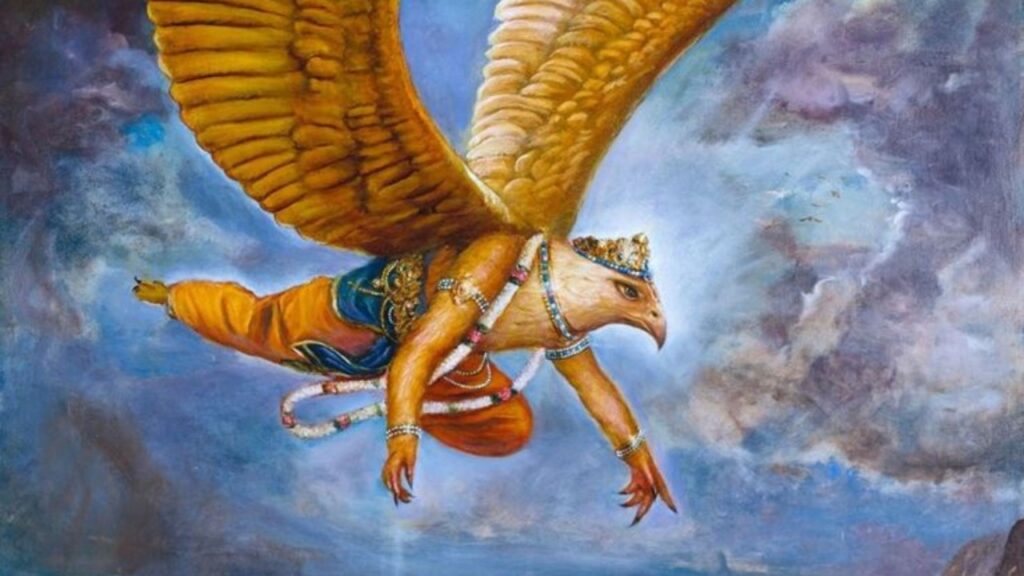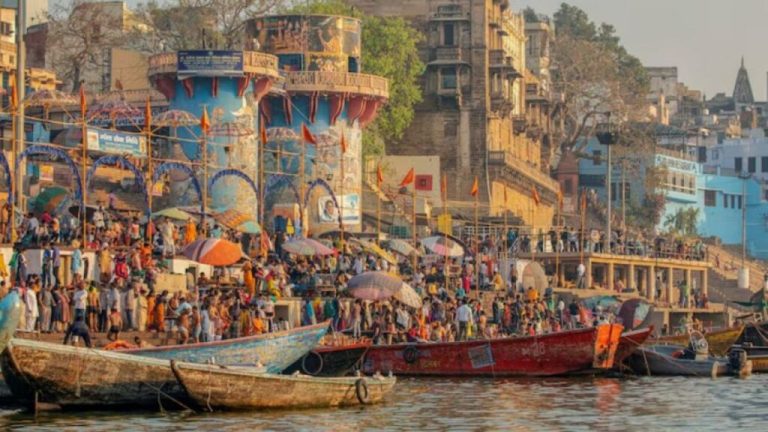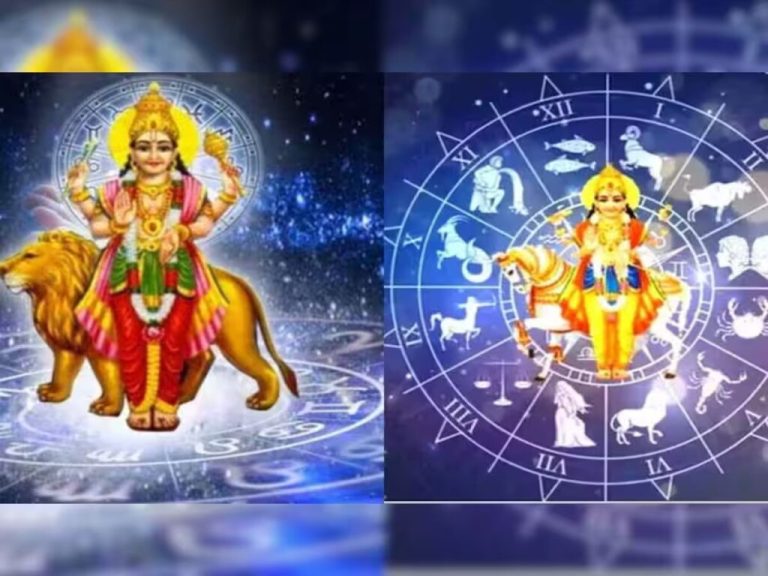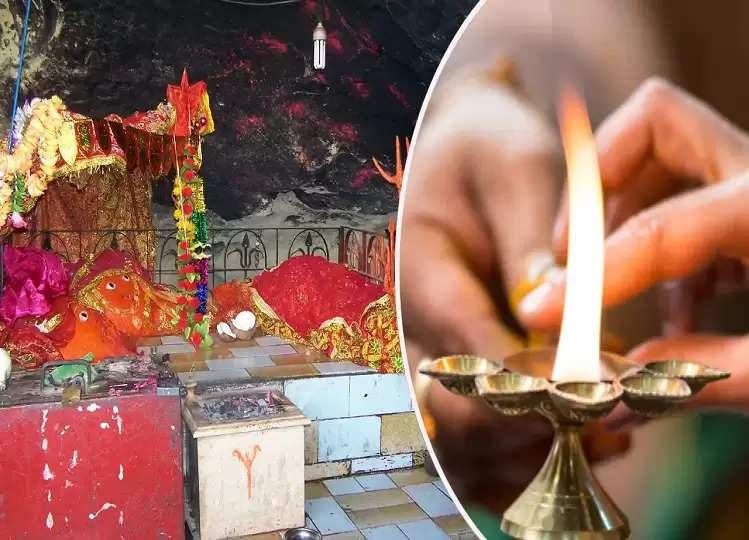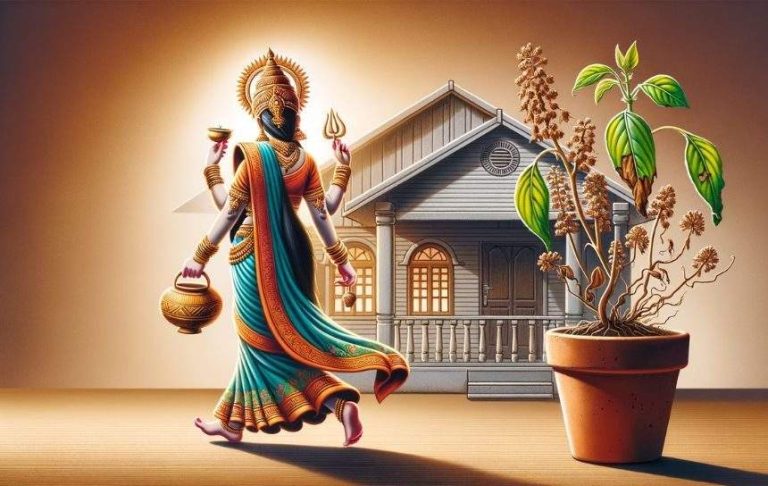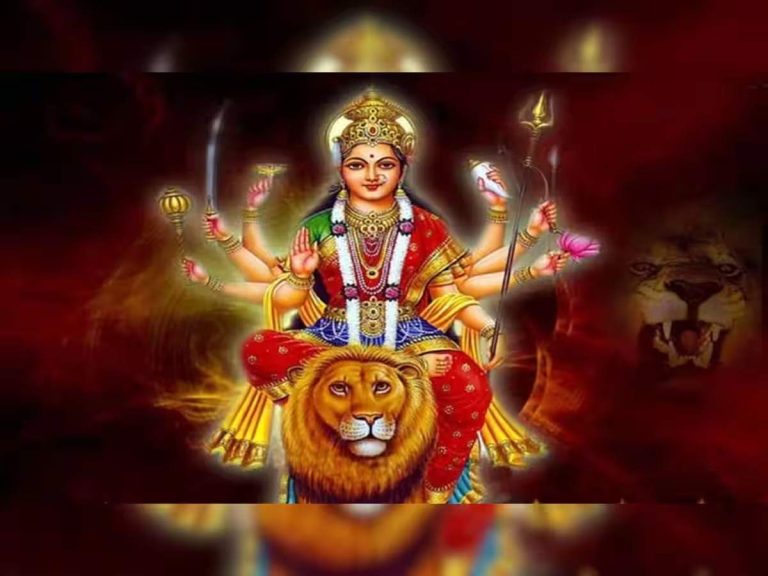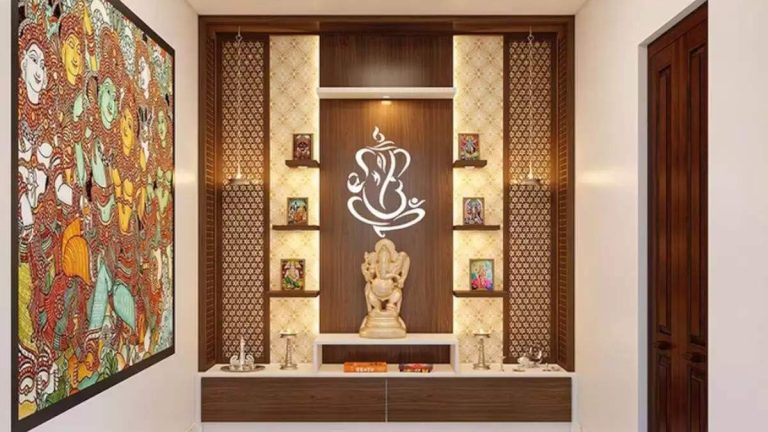Is it a sin to eat food on the thirteenth day? Know what is written in Garuda Purana and Geeta
Garud Puran: In Hindu religion, after death, the tradition of thirteenth feast is followed for the peace of the soul of the deceased. It is known as Brahmabhoj, but with time it has come to be called Mrityu Bhoj. Various beliefs are prevalent in the society regarding this tradition, especially regarding the thirteenth day meal.
There is a detailed discussion about the thirteenth feast and the death feast in the Anusandhan Parva of Garuda Purana and Mahabharata. It has been told in these texts that when, under what circumstances and for whom this food should be eaten. Besides, it has also been explained what things should be kept in mind while following it.
What is written in Garuda Purana?
According to Garuda Purana, after death the soul remains among its family and household members for thirteen days. Celebrating Brahmabhoj on the thirteenth day helps the dead soul in its journey to the next world. It is mentioned in Garuda Purana that the purpose of Mrityu Bhoj is to feed only the needy and Brahmins. This is considered beneficial for them. But if a rich person eats the thirteenth day meal, it is considered a crime like snatching away the rights of the poor.
Mention of death feast in Mahabharata
In the discipline festival of Mahabharata, caution has been given regarding the feast of death. It is said that eating death feast has an adverse effect on a person's energy and positivity. Once Duryodhana invited Shri Krishna for a feast, but Shri Krishna refused. He said, "Foods for pleasure or foods for disasters again" That is, food should be eaten only when both the one feeding and the one eating are happy.
